Increasing autonomy for higher education institutions.
Participating in the discussion, National Assembly Deputy Nguyen Thi Lan stated that the draft Law on amendments was developed in the context of the entire sector implementing Resolution 71-NQ/TW of the Politburo on breakthroughs in education and training development; it reflects a strong, consistent, and progressive innovative mindset; and it has incorporated many opinions from the practical experience of university governance in the 2018-2024 period, contributing to meeting the requirements of reforming the governance model, improving the quality, efficiency, and autonomy and accountability of higher education institutions.
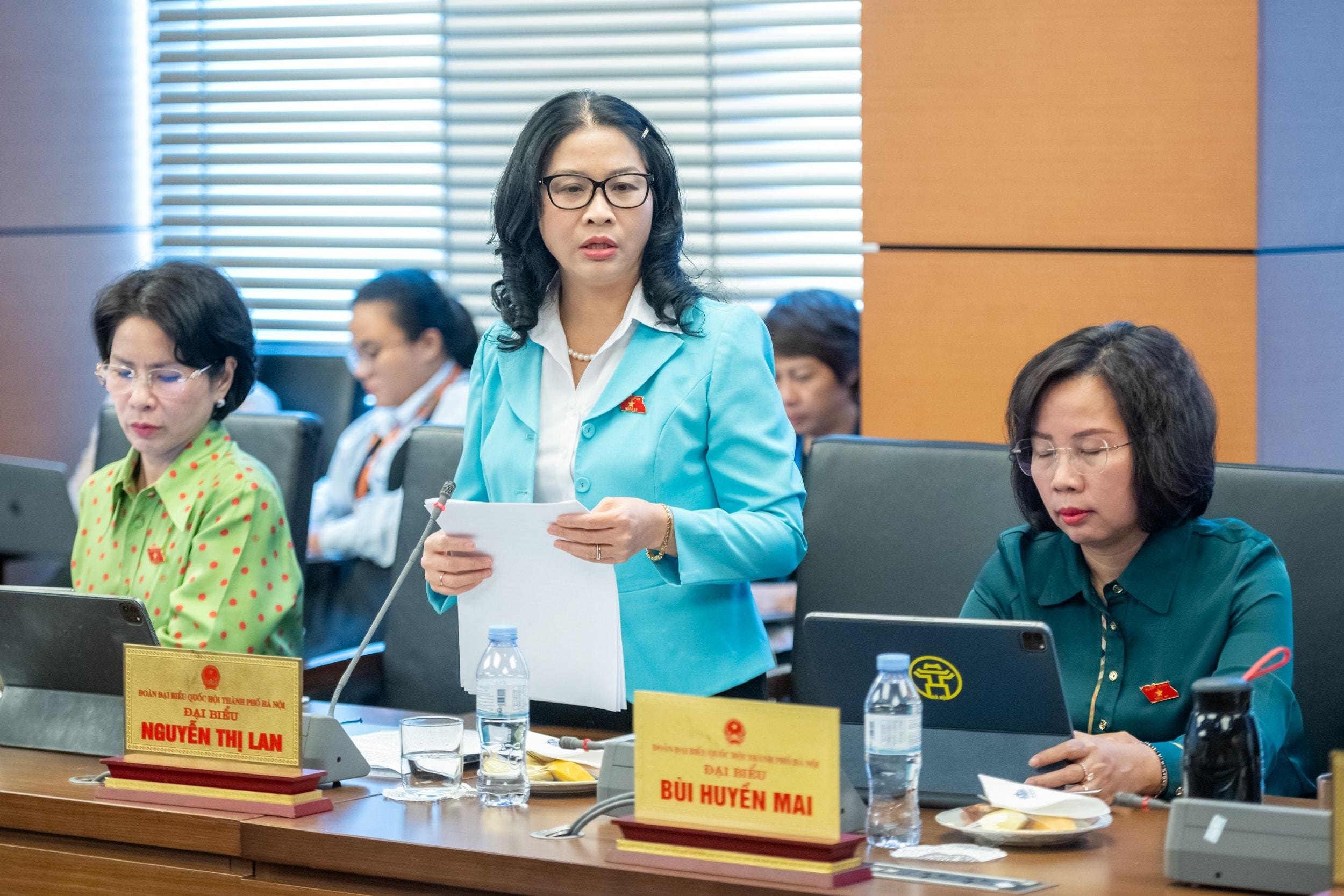
According to National Assembly Deputy Nguyen Thi Lan, the draft has many innovative and outstanding points; typically, it has institutionalized the spirit of Resolution 71-NQ/TW (2025), specifically concretizing the policy of strengthening the leadership role of the Party organization, abolishing the Council of public schools (except for schools with international agreements), and moving towards a model where the Party Secretary also serves as the head of the institution. This creates a significant breakthrough in concentrating, unifying, and enhancing leadership effectiveness. The draft also clarifies the principles of modern university governance, clearly defining the roles between Party leadership – State management – and educational institution autonomy, creating a more transparent, streamlined, and effective legal framework. At the same time, it strengthens autonomy coupled with accountability, with new regulations emphasizing academic, organizational, and financial autonomy alongside discipline and transparency, contributing to improving the quality and prestige of the university system.
Specifically regarding the reform of the appointment mechanism and the responsibilities of the head of the institution, the Principal or Director is defined as the person bearing full responsibility, the sole legal representative, in line with the requirements of centralized governance and power control.
To further refine the draft, National Assembly Deputy Nguyen Thi Lan proposed adding clearer regulations on the model of "Party Secretary concurrently serving as the head of a public higher education institution" in accordance with Resolution 71-NQ/TW, in order to create a significant breakthrough that helps to concentrate, unify, and enhance leadership effectiveness. The Party Secretary-Rector must bear full responsibility before the Party, the State, and the law. "Clearly defining this in a written law will help unify understanding and ensure feasibility during implementation," National Assembly Deputy Nguyen Thi Lan emphasized.
Furthermore, delegates argued that the mechanisms for inspection, supervision, and accountability of heads of institutions need to be clearly defined. Alongside the concentration of power, internal oversight and independent auditing mechanisms are necessary to ensure transparency and prevent the risk of abuse of power or negligence. On the other hand, a clear transition roadmap is needed for public educational institutions currently operating under the existing School Council model. Specific guidance is required to ensure that schools transition their organizational, personnel, and financial models in a reasonable manner, without disrupting operations and safeguarding the legitimate rights of all stakeholders.
Commenting on Articles 11 and 12 concerning regulations related to regional universities, National Assembly Deputy Nguyen Thi Lan argued that, according to legislative principles, laws should be universal, stable in the long term, and applicable to the entire system. Therefore, it is not advisable to have specific regulations for a particular model like "regional universities," especially since currently only three units nationwide operate under this model. Specifying it in the law could reduce the generality and flexibility of the legal document during implementation.
"I suggest that the drafting committee consider moving the content on 'Regional Universities' to a sub-law document to ensure flexibility and suitability with the roadmap for restructuring the higher education system; at the same time, to keep the Law's scope of regulation broader and more stable," proposed National Assembly Deputy Nguyen Thi Lan.
Developing an innovation ecosystem in schools.
Notably, to ensure consistency and uniformity with the Law on Science, Technology and Innovation (effective from October 1, 2025), National Assembly Deputy Nguyen Thi Lan proposed that the drafting committee consider adding the following points. Firstly, regarding the organizational structure of higher education institutions (Article 15), the phrase "science and technology enterprises" should be added to point h, clause 1, because the Law on Science, Technology and Innovation already clearly defines this type of enterprise. This addition will create a legal basis for universities to establish or participate in science and technology enterprises, promoting the commercialization of research results and developing an innovation ecosystem within the university.
Secondly, regarding scientific, technological, and innovation activities (Article 27), this content currently does not fully reflect domestic and international cooperation. Therefore, the delegate proposed adding a new point: "Domestic and international cooperation in science, technology, and innovation; registration, protection, and exploitation of intellectual property." This addition would help the Law accurately reflect the practical aspects of cooperation, technology transfer, and international integration of higher education institutions.
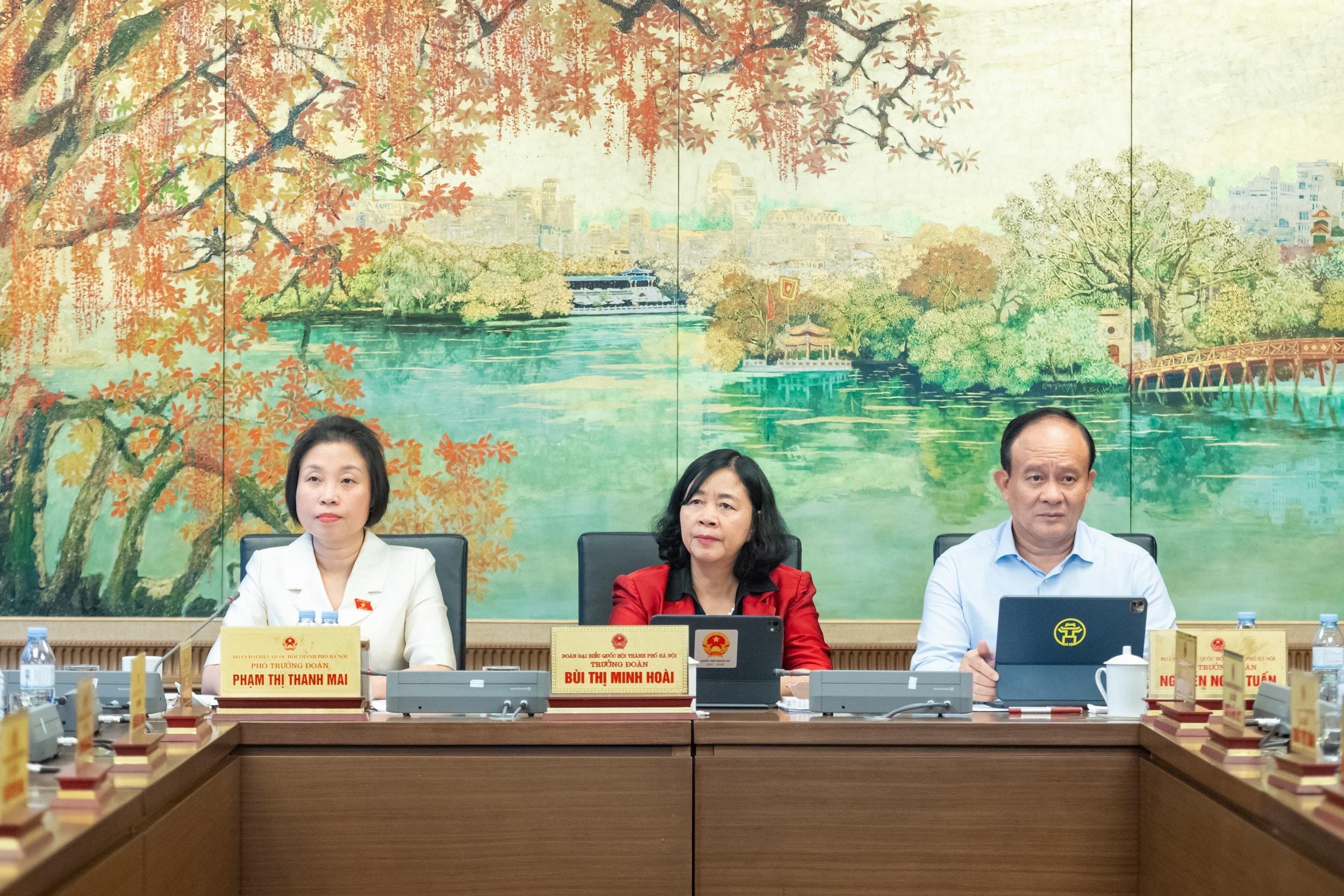
Thirdly, regarding Article 28 on the development of scientific, technological and innovation potential, the delegate proposed adding the phrase "scientific and technological innovation models" to point d, clause 2, in order to expand the scope of infrastructure investment, including greenhouses, experimental workshops, innovation centers, high-tech application models, etc. This regulation will provide higher education institutions with a legal basis to invest in and effectively implement research, transfer, and commercialization of scientific and technological products.
Regarding Clause 3, Article 18, which stipulates that the Scientific and Training Council includes "businesses, employers, alumni, and local authorities," the representative analyzed that these groups should participate in an independent advisory body established by the Director/Rector to provide feedback and connect with practical experiences. Therefore, it should be clarified that the inclusion of businesses, employers, alumni, and local authorities is only encouraged and flexible, not mandatory as official members of the Scientific Council – which should focus on expertise and academic strategy.
Notably, commenting on the framework and the authority of the Government and the Ministry of Education and Training to regulate details, National Assembly Deputy Nguyen Thi Lan stated that the draft Law on Higher Education (amended) currently contains many provisions that are framework-based, delegating the authority to the Government or the Ministry of Education and Training to regulate details (estimated at around 18 articles). This design increases flexibility, allowing for timely adjustments according to practical realities, especially in specialized areas such as finance, quality accreditation, science and technology, and international cooperation.
However, according to the delegates' analysis, delegating too much content to sub-legal documents could reduce the transparency, stability, and predictability of the law, causing higher education institutions to wait for guidance and affecting the implementation progress. Therefore, it is suggested that the Drafting Committee review and retain in the Law only the fundamental principles, rights, and obligations; only entrusting the Government and the Ministry of Education and Training with the authority to regulate detailed technical issues.
Overcoming existing limitations in vocational education.
Regarding the contents related to the draft Law on Vocational Education (amended), National Assembly Deputy Duong Minh Anh highly agrees with many of the amendments in the draft aimed at overcoming existing limitations in the implementation of the current Law on Vocational Education; promptly resolving obstacles and difficulties in practice in order to innovate and improve the quality of vocational education.
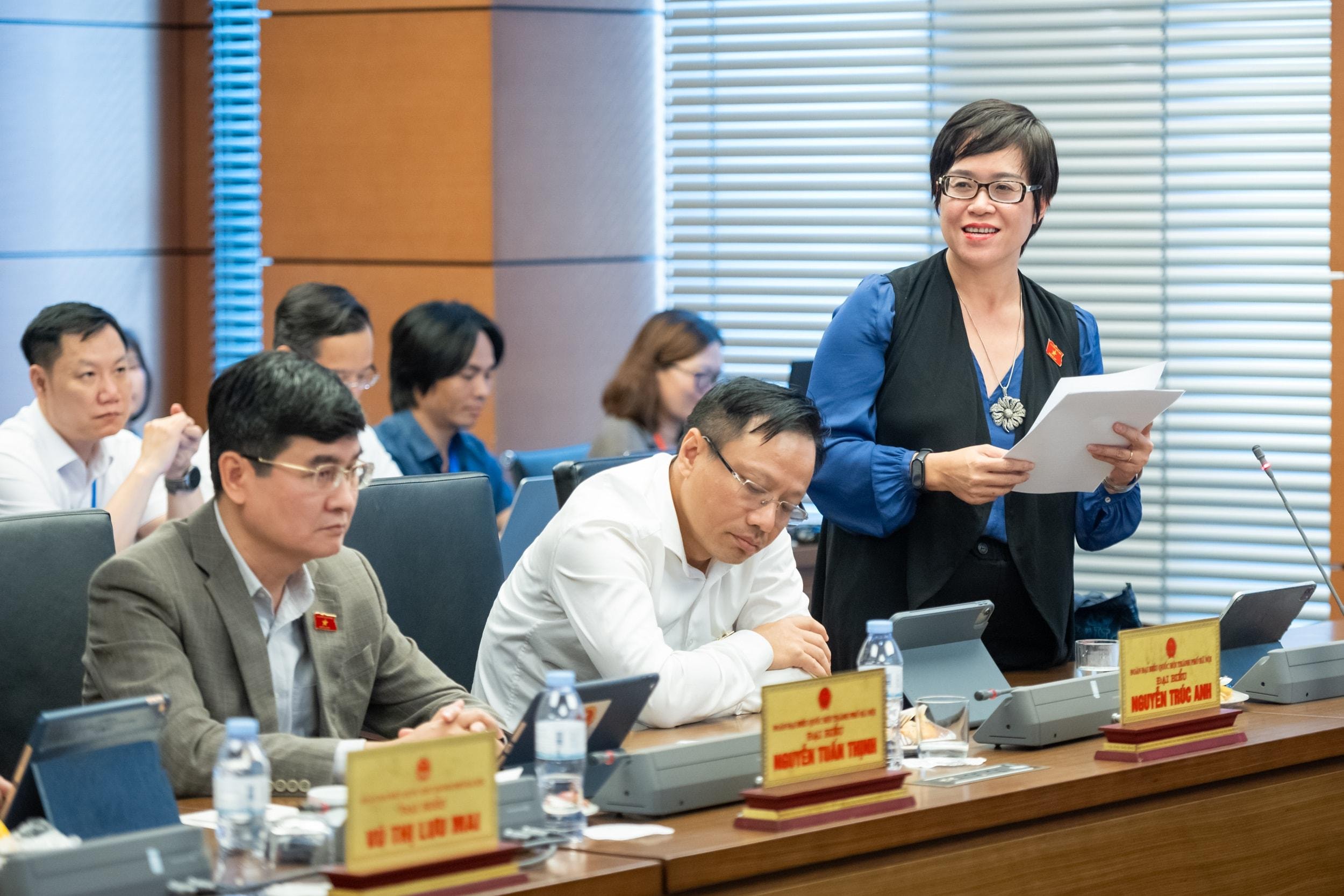
Commenting on the principles of vocational education operation (Article 4), National Assembly Deputy Duong Minh Anh agreed with the inclusion of the content: "ensuring full and comprehensive autonomy for vocational education institutions regardless of the level of financial autonomy, coupled with accountability, effective inspection and supervision, transparent operation, quality, efficiency, and sustainable development." This helps overcome the shortcomings in the implementation of autonomy for vocational education institutions in the past.
Furthermore, point b, clause 3, Article 7 allows universities to implement vocational education programs in cases such as: "training at the university level for specialized professional fields in the arts and sports that are implemented through vocational secondary education programs and intermediate and advanced level training programs in the same fields." The representative argued that this clause should only apply to universities specializing in arts and sports, as these universities already possess a high-quality workforce, including professors, doctors, artists, and renowned coaches with formal training, and have the necessary facilities to meet the standards for arts and sports. Therefore, to avoid wasting resources, the above regulation is reasonable for these universities.
Furthermore, regarding curriculum development, the 2014 Vocational Education Law and the current draft of the revised Vocational Education Law do not yet include provisions for curriculum development in fields such as healthcare, arts, and sports. These are highly specialized fields, and the design of training programs, including enrollment age, training duration, and class organization, differs significantly from other fields.
"I propose that the drafting committee consider including general provisions in the Law and assigning the Ministry of Education and Training to specifically regulate the development of training programs for specialized fields and professions such as healthcare, arts, and sports," National Assembly Deputy Duong Minh Anh stated.
Source: https://daibieunhandan.vn/tao-hanh-lang-phap-ly-cho-qua-trinh-doi-moi-can-ban-toan-dien-giao-duc-dai-hoc-10392459.html






![[Photo] Explore the US Navy's USS Robert Smalls warship](/_next/image?url=https%3A%2F%2Fvphoto.vietnam.vn%2Fthumb%2F1200x675%2Fvietnam%2Fresource%2FIMAGE%2F2025%2F12%2F10%2F1765341533272_11212121-8303-jpg.webp&w=3840&q=75)





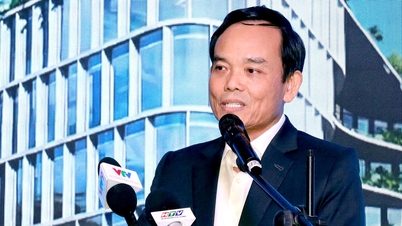

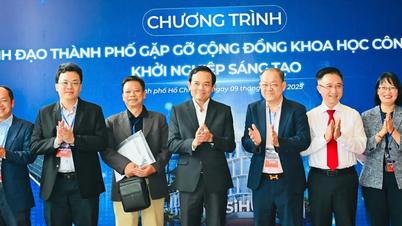

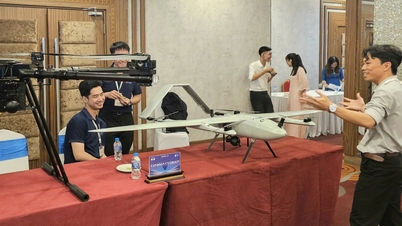
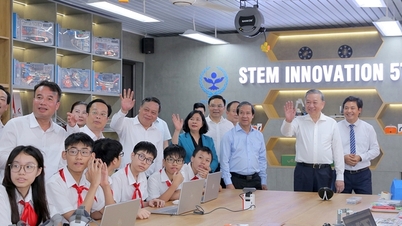

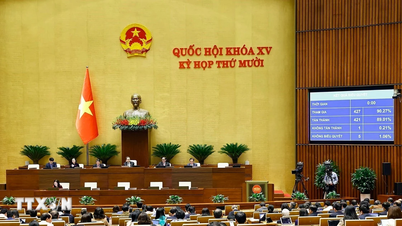

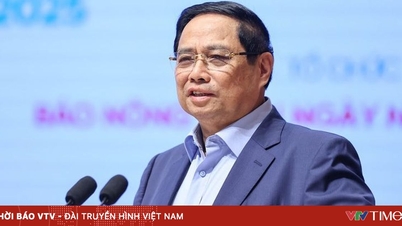

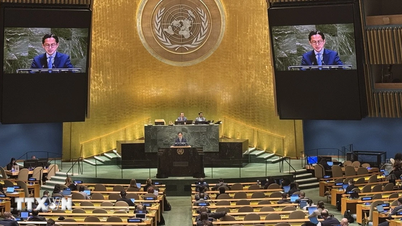

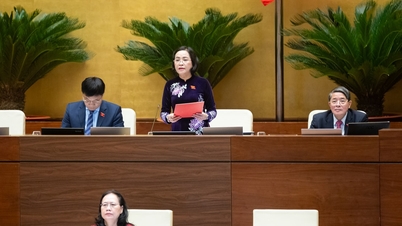
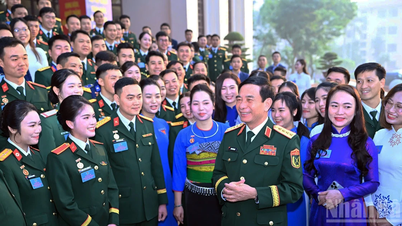







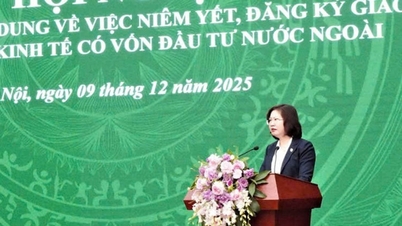
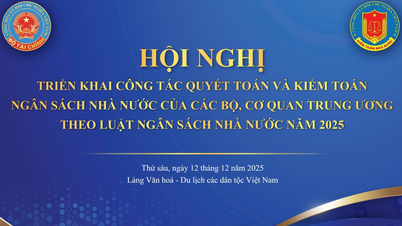



![[Video] The craft of making Dong Ho folk paintings has been inscribed by UNESCO on the List of Crafts in Need of Urgent Safeguarding.](https://vphoto.vietnam.vn/thumb/402x226/vietnam/resource/IMAGE/2025/12/10/1765350246533_tranh-dong-ho-734-jpg.webp)






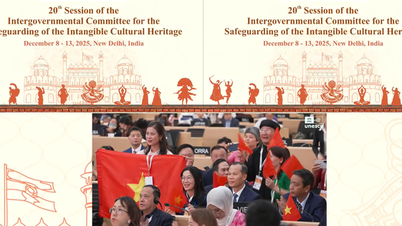

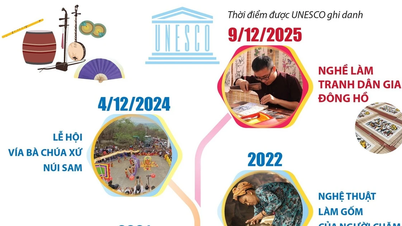





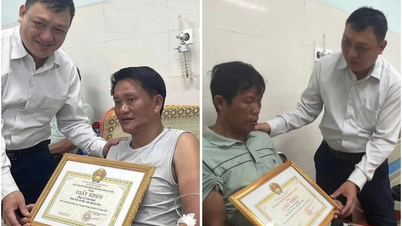


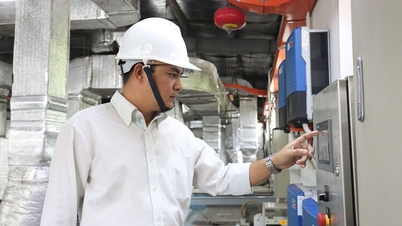




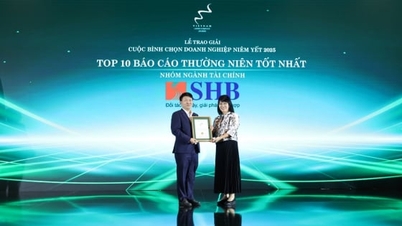









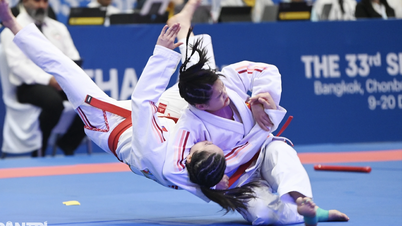

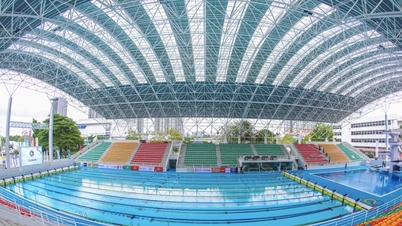








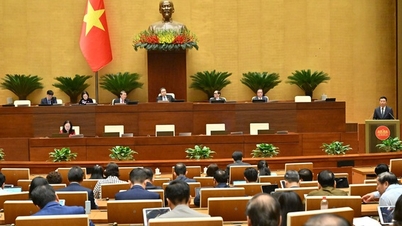

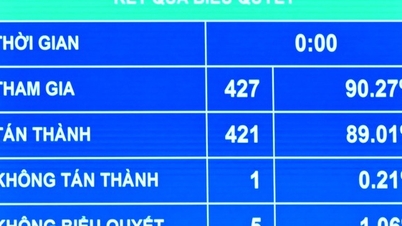
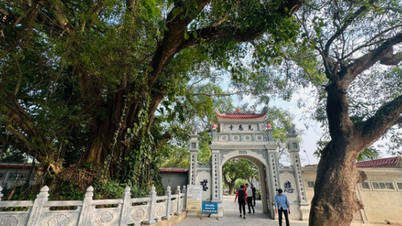
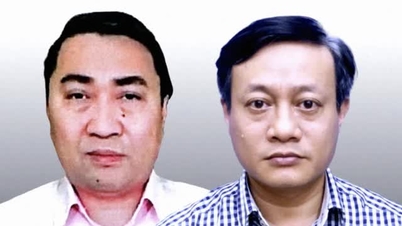



























Comment (0)